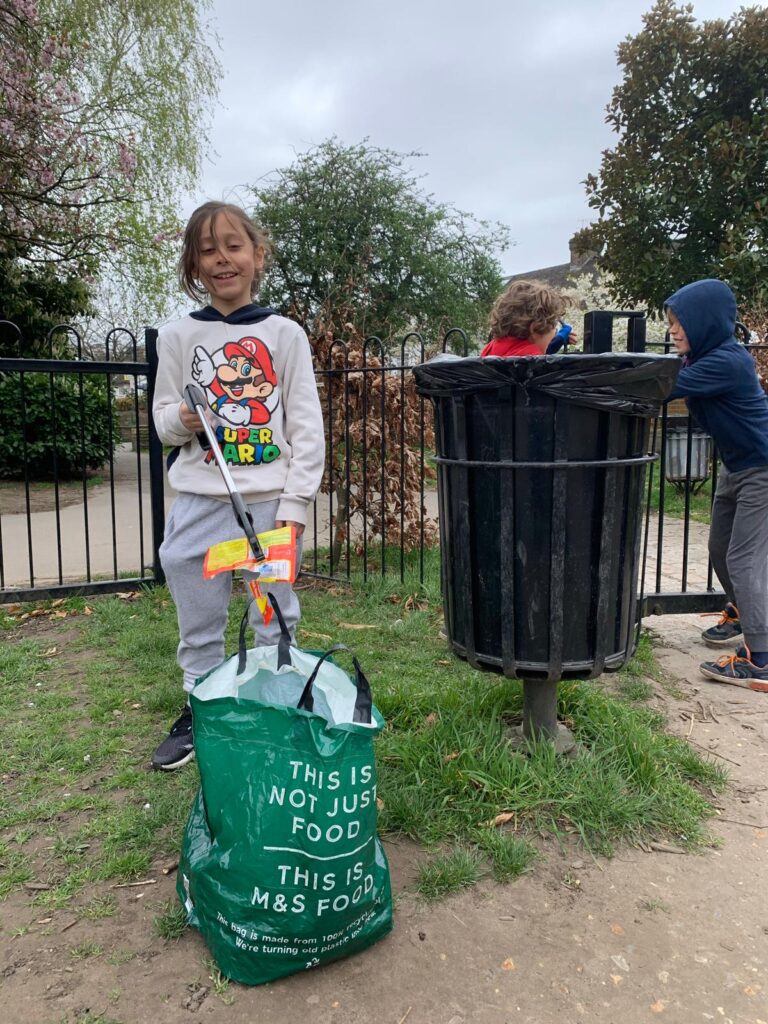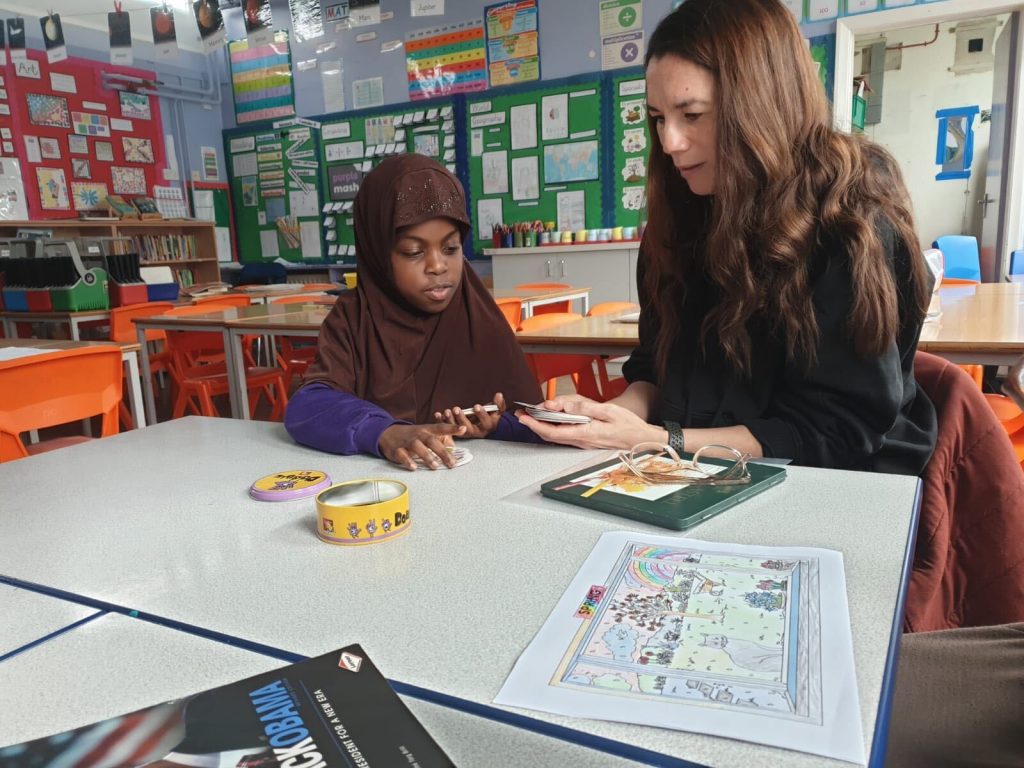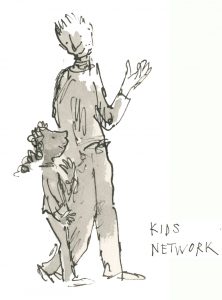Emotional learning is a crucial part of a child’s development. It helps them understand their emotions better. Children who can recognise and name their feelings are better equipped to express themselves effectively. They are able to communicate their feelings to others which helps in building strong and healthy relationships.
At The Kids Network we believe through child-led experiences and centring children’s voices we can boost their emotional learning to help them make meaningful relationships and prepare them for their future.
Emotional learning is all about developing the skills needed to recognise, express and regulate our feelings. These skills also help us form and maintain healthy relationships, manage anger and stress, and be effective decision-makers. Emotional learning also gives us the skills needed to understand how our actions impact the feelings of others.
Children who are aware of their feelings are less likely to act on impulse and/or engage in risky behaviour.
Developing these skills also helps children manage feelings of anxiety or anger. When children learn to identify and regulate their emotions, they can better cope with stressful situations and learn strategies to calm down. This is particularly important post-pandemic and, in a world, where children face an increasing amount of pressure and stress. When children are aware of their feelings, they can gain more understanding of how their emotions influence their thoughts and behaviour. This awareness can help them make more thoughtful decisions. Children who can regulate their emotions are less likely to make impulsive decisions which could have negative consequences.
Emotional learning can also have a positive impact on academic attainment and can create a more harmonious classroom environment. Without a solid foundation in social and emotional skills, it is unrealistic to expect children to be ready to learn and perform well academically. Learning these skills at a young age can act as early intervention and prevent children from bullying or being bullied, school exclusion, substance misuse and criminal activity.

So how do we learn these skills?
Although there has recently been more of a shift to teach children these skills explicitly in school, most of these skills are learnt through our interactions with others, primarily our families and close community. However, many children may live in a home environment where they are taught not to share or express their feelings, where feelings such as anger are not regulated, and where relationships might be fractured. That is why it is so important for children to have positive role models and develop meaningful connections.
At the Kids Network, our mentors act as a role-model to the child they are mentoring and spend quality time with their little Londoner. Throughout their journey together, the mentor and mentee set goals that the child would like to achieve. This can range from learning a new language to ordering something from a café on their own. Having a mentor support their goals and encourage them really boosts a child’s self-confidence and their self-worth. It also helps increase their resilience as the child engages in new experiences and learns new skills together with their mentor in a safe environment.
Having someone consistent in their lives who shows up and is a source of fun and support, shows the child how to develop positive and meaningful relationships. Although the relationship between a mentor and their little Londoner ends after one year, the skills and lessons they learn last a lifetime.
Further Reading:
Committee for Children: What is social-emotional learning
CASEL: The impact of social and emotional learning
Healthline: Why social-emotional learning is so important for kids right now



